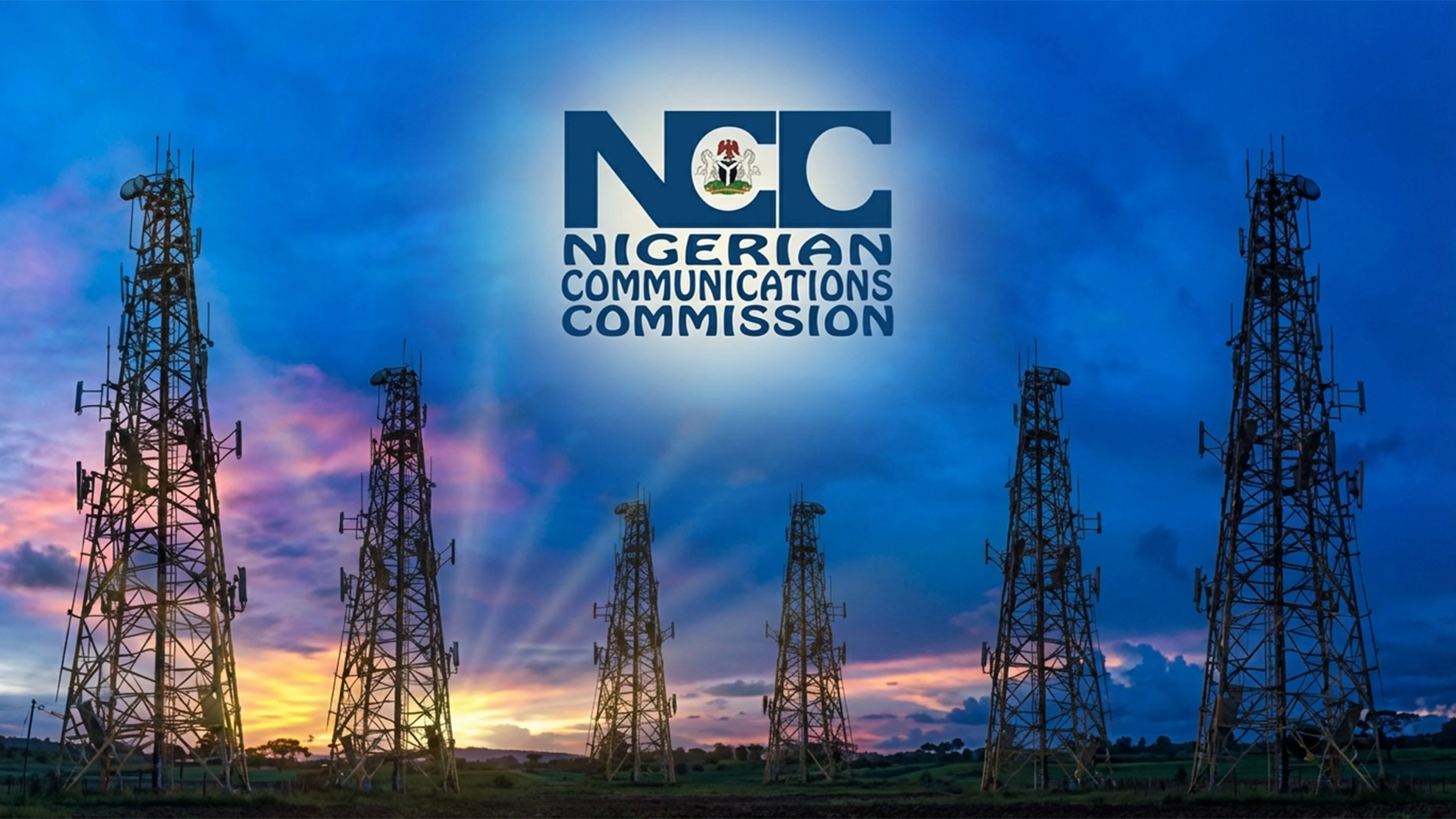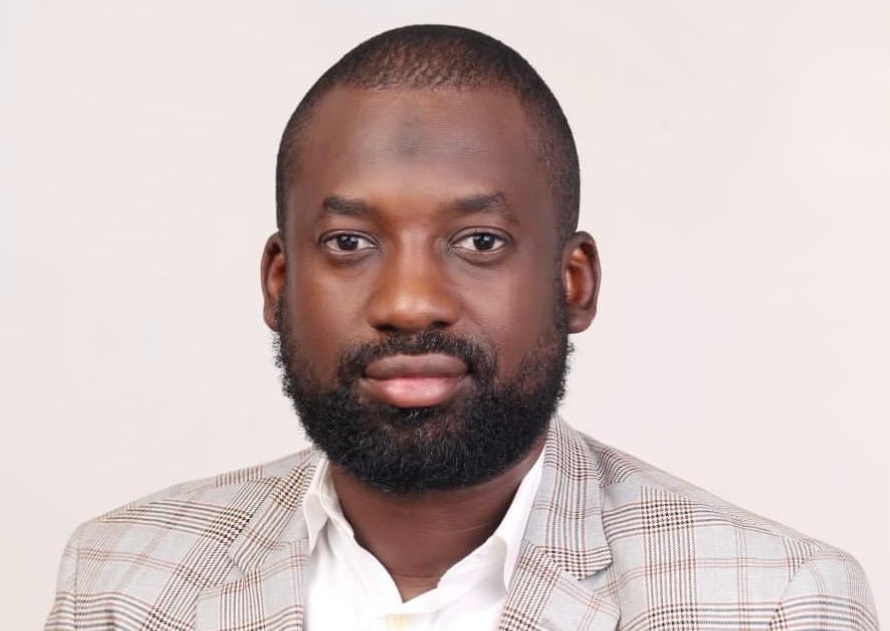The Federal Government has reaffirmed its commitment to creating a supportive legal environment that encourages technological progress while safeguarding rights and promoting responsible use of creative and innovative works.
The Solicitor-General and Permanent Secretary of the Federal Ministry of Justice, Mrs Beatrice Jedy-Agba, reiterated the Government’s commitment on Thursday during the opening of a one-day “Sensitisation and Interactive Session on Legal Use of Software in The Engineering, Construction and Building Design Sectors.” The event was organised by the Nigerian Copyright Commission in collaboration with Autodesk Incorporation and WorldsView.
Jedy-Agba observed that in today’s digital age, the use of software has become the backbone of innovation, design, and implementation in engineering and related fields.
Represented by an official from the Ministry, Mrs Elizabeth Aramide Adepoju, the Permanent Secretary, stated, “However, with increasing reliance on digital tools comes the pressing need to ensure that, their use aligns with legal standards, intellectual property laws, and best practices in compliance in our nation.”
She said that with the assistance of the Federal Ministry of Justice, the Copyright Act of 2022 was recently reenacted and signed into law in March 2023, mainly to address the use of works in the digital environment.
According to her, the new Act contains far-reaching provisions on rights protection and offers well-balanced exceptions and limitations in line with Nigeria’s treaty obligations.
She added that since the Act’s enactment, the Attorney-General of the Federation and Minister of Justice has also issued implementing regulations to improve the administration and enforcement of rights.
Jedy-Agba urged the participants to actively participate and share ideas that would help shape sound policy and professional practice in the engineering and construction sectors.
Earlier, the Director-General of the Nigerian Copyright Commission, Dr John Asein, called on the relevant professional associations to establish guidelines for the proper use of software within their professions and to enforce copyright standards.
Asein stated that by promoting adherence to recognised global best practices, they would enhance professionalism and standards, and facilitate seamless cross-border opportunities for Nigerian firms to become competitive.
The Director-General assured that the Commission is willing to engage with regulatory bodies, professional associations, and software providers to develop strategies for the sustainable use of the copyright system in the industry.
“One of the commitments I made when the members of the Executive of the Nigerian Institute of Architects visited the Nigerian Copyright Commission on February 14, 2024, was that the two sides will work together to check copyright infractions, enhance rights protection and promote awareness of professionals within the architectural, construction and engineering community,” he said.
Asein stated that the main aim of the sensitisation is to address the requirements for the legal use of software in critical sectors, emphasising that in today’s technology-driven environment, software applications such as AutoCAD, Revit, Civil 3D, and Navisworks have become essential tools for designing, structural analysis, and Building Information Modelling (BIM).
“Through these technologies, professionals are better able to innovate, design and draw with more precision. However, as is the case in many other technology-aided creative fields, there is also the challenge posed by the use of pirated, unauthorised or non-compliant software packages.
“I must say upfront that while these sharp practices have legal implications and undermine professionalism, they may also expose your clients to other hazards.
“It is a common misconception that resorting to pirated or unlicensed software is a cost-saving strategy. But experience has shown that adherence to licensing agreements is far cheaper and safer in the long term,” the Director-General said.
He said unauthorised use can lead to significant legal costs through lawsuits, fines, and settlements that could greatly exceed the expense of legitimate licences, emphasising the need for compliance, which he stated “is not merely a legal obligation but an investment in operational safety, project integrity, and long-term profitability”.






